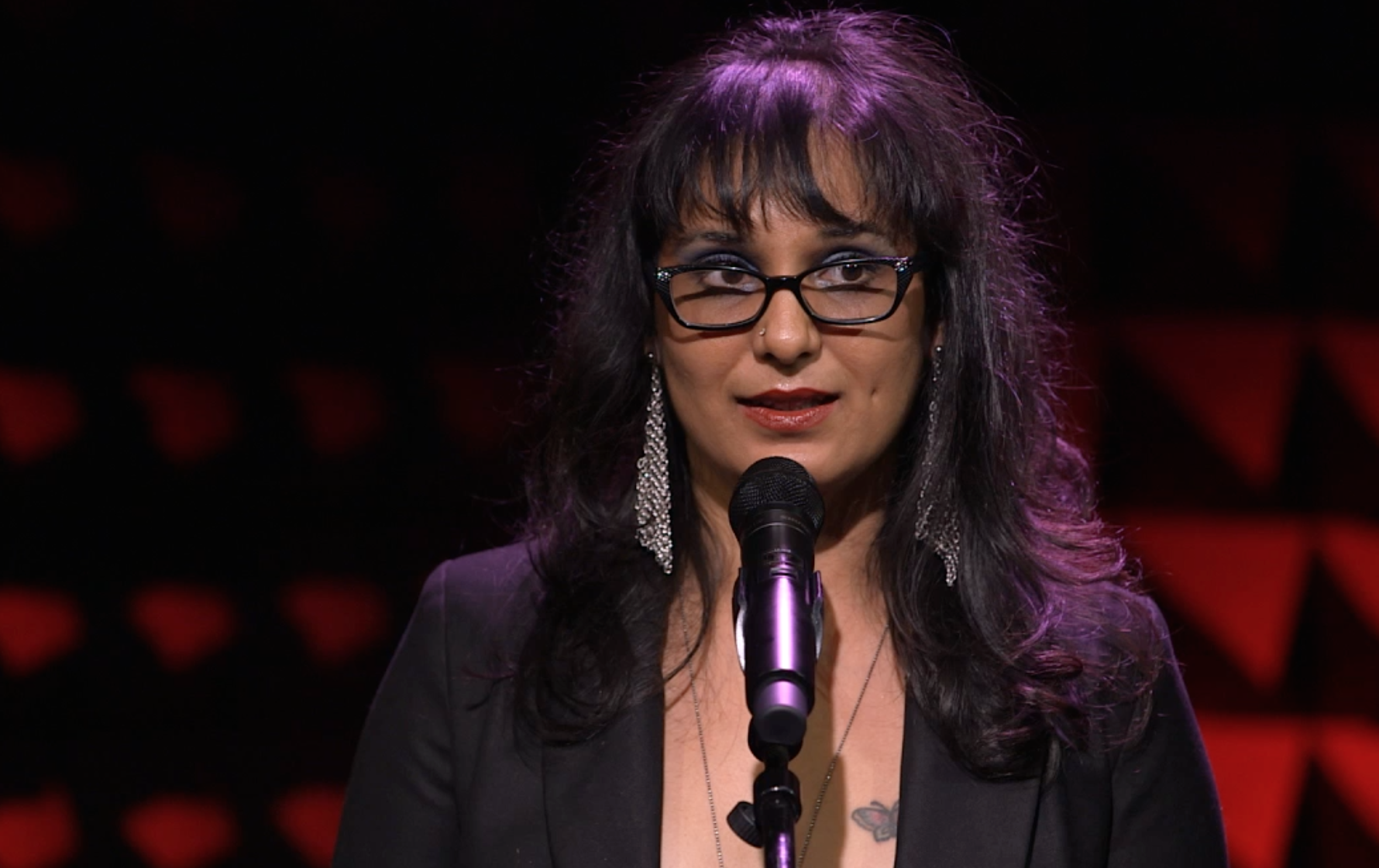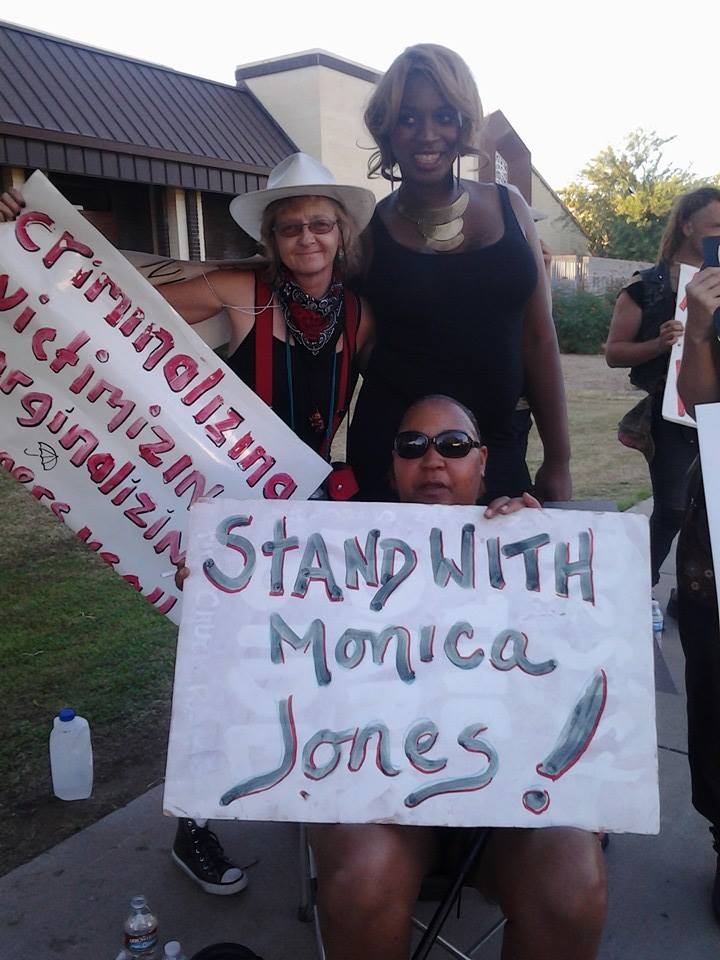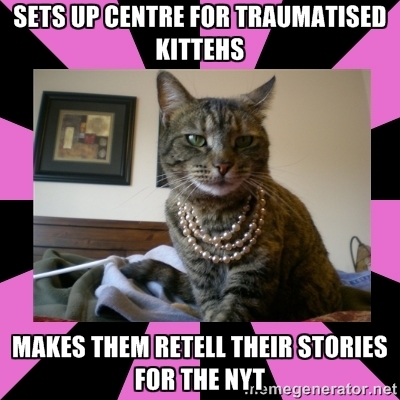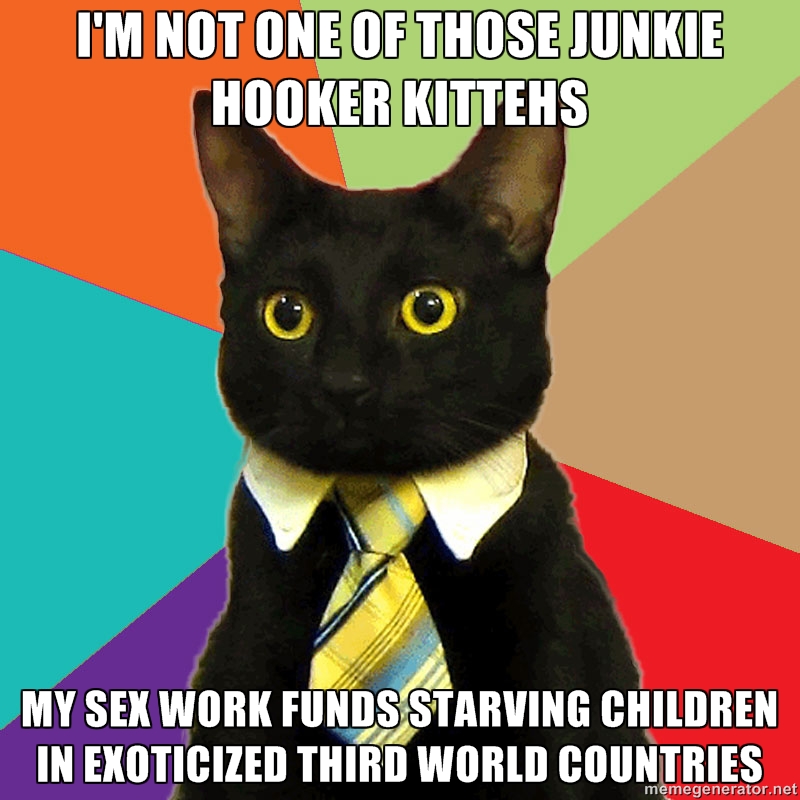Anna Saini is a community organizer with Voices of Community Activists and Leaders – New York (VOCAL-NY), where she works towards ending the drug war, mass incarceration and racist policing. Her writing appears in Bitch magazine, make/shift magazine, the forthcoming Dear Sister Anthology, her self published anthology Colored Girls, as well as both Red Umbrella Project… Continue reading Activist Spotlight: Anna Saini on Identity and Being An Unlikable Survivor
Category: Interviews
For Their Own Good: SWOP-Phoenix’s Campaign Against Diversion Intiatives
SWOP-Phoenix, a new branch of national sex workers’ rights organization Sex Workers Outreach Project, mounted a campaign this year against the Project ROSE (Reaching Out To The Sexually Exploited) Prostitution Diversion Initiative, in which Phoenix police and students from the Arizona State University School of Social Work team up twice a year to arrest local sex… Continue reading For Their Own Good: SWOP-Phoenix’s Campaign Against Diversion Intiatives
Who Gets Left Out: Respectability Politics Round Table, Part Two
You can read part one of this dialogue here. Emma Caterine: Red Umbrella Project has definitely encountered issues around pressure to conform to respectability politics from larger groups who fund or sponsor us in different ways. It is telling that I can’t mention many of the specifics for fear of re-opening old wounds. Particularly the… Continue reading Who Gets Left Out: Respectability Politics Round Table, Part Two
Who Gets Left Out: Respectability Politics Round Table, Part One
“Respectability politics” has been a recurring phrase coming up lately in conversations within the sex workers’ rights movement. In discussions on and off the site we’ve had about drug using sex workers, sex workers with disabilities, survival sex workers, etc., we’ve been bumping up against this idea constantly. The Tits and Sass editorial staff decided… Continue reading Who Gets Left Out: Respectability Politics Round Table, Part One
Activist Spotlight Interview: Sarah Patterson on Health, Access, and Risk
In January 2012, Sarah Elspeth Patterson and a group of other sex worker activists in NYC went to work offering health care and social services to sex workers. The much needed outcome, Persist Health Project, is the 2nd sex worker only health clinic in the United States, after Saint James Infirmary in San Francisco. While… Continue reading Activist Spotlight Interview: Sarah Patterson on Health, Access, and Risk



